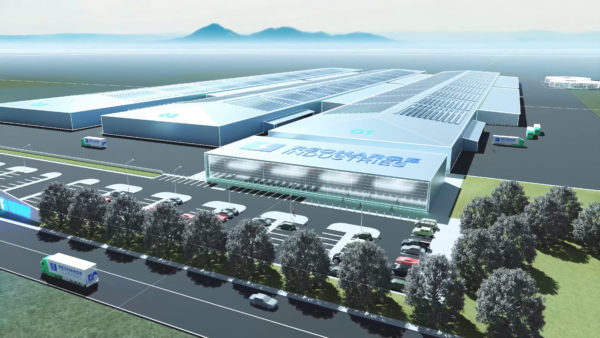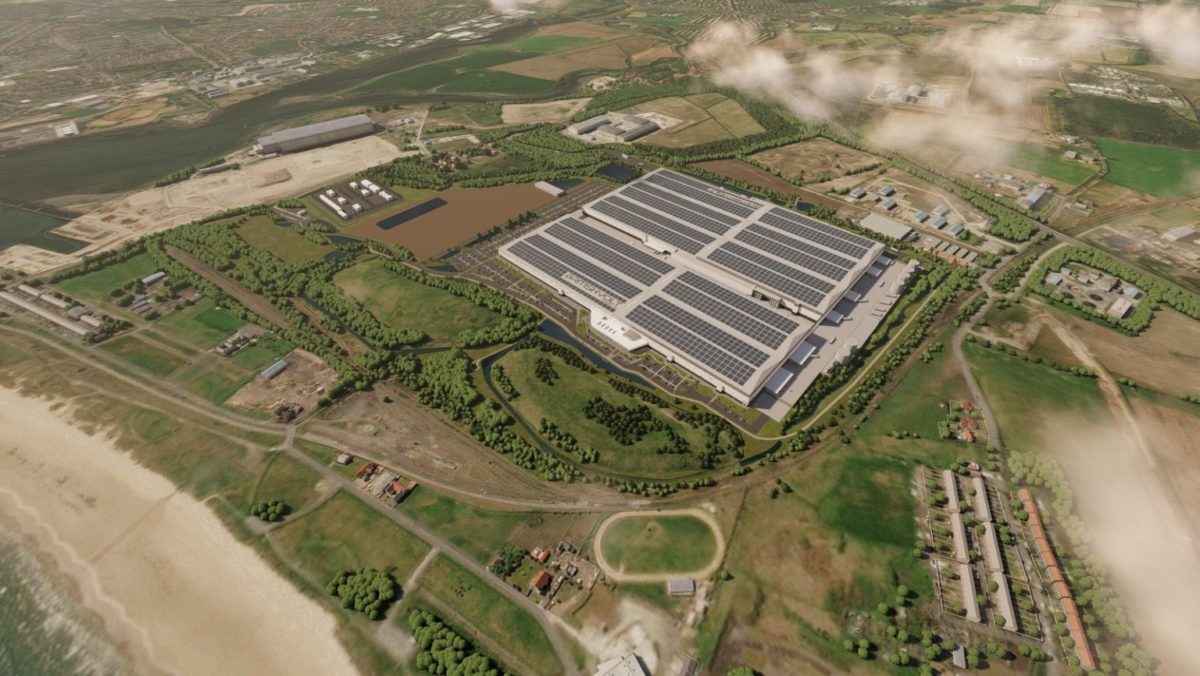Australia-based Recharge Industries is considering making a play to buy failed battery startup Britishvolt from administrators in a move that could resuscitate plans to construct a GBP 3.8 billion ($4.71 billion) lithium-ion battery cell manufacturing plant in England’s Northumberland region.
Britishvolt had planned to build a lithium-ion battery cell gigafactory on a 93-hectare site at Blyth in Northumberland that at full capacity would have been able to manufacture enough cells for more than 300,000 lithium-ion batteries a year.Those plans are now in disarray, as Britishvolt appointed administrators in January, after running out of capital. The project had a promise of GBP 100 million in funding from the UK government, but that funding was only to be provided once the factory’s construction work hit a certain milestone that has not been reached.
It is understood that more than a dozen bidders have come forward following the appointment of administrators with potential buyers including Indian conglomerate Tata and Indonesia-linked fund Dea Lab. Britishvolt founder Orral Nadjari, who was removed as chief executive in 2022, is also said to be preparing a bid for the business.
Australia’s Recharge Industries has already submitted a preliminary bid for assets and is now looking to advance that process with administrators at EY reportedly pushing to close the deal by Feb. 3, 2023.
Popular content

A successful offer would give Recharge Industries, owned by US-based investment firm Scale Facilitation, immediate scale in the booming battery energy storage industry.
Recharge Industries Chief Executive Officer Rob Fitzpatrick told The Guardian that should the offer proceed, the operation would provide the Australian company with greater access to Europe.
“Demand for lithium-ion battery storage is continuing to go through the roof,” he said.
Recharge Industries also plans to manufacture batteries for electric vehicles and stationary energy storage at a factory to be built in Geelong, southwest of Melbourne. The company’s stated goal is to start construction by the end of the year, targeting 2 GWh of production per year in 2024 and 6 GWh by 2026. At full capacity, the factory will manufacture up to 30 GWh of storage capacity per year.
This content is protected by copyright and may not be reused. If you want to cooperate with us and would like to reuse some of our content, please contact: editors@pv-magazine.com.



By submitting this form you agree to pv magazine using your data for the purposes of publishing your comment.
Your personal data will only be disclosed or otherwise transmitted to third parties for the purposes of spam filtering or if this is necessary for technical maintenance of the website. Any other transfer to third parties will not take place unless this is justified on the basis of applicable data protection regulations or if pv magazine is legally obliged to do so.
You may revoke this consent at any time with effect for the future, in which case your personal data will be deleted immediately. Otherwise, your data will be deleted if pv magazine has processed your request or the purpose of data storage is fulfilled.
Further information on data privacy can be found in our Data Protection Policy.